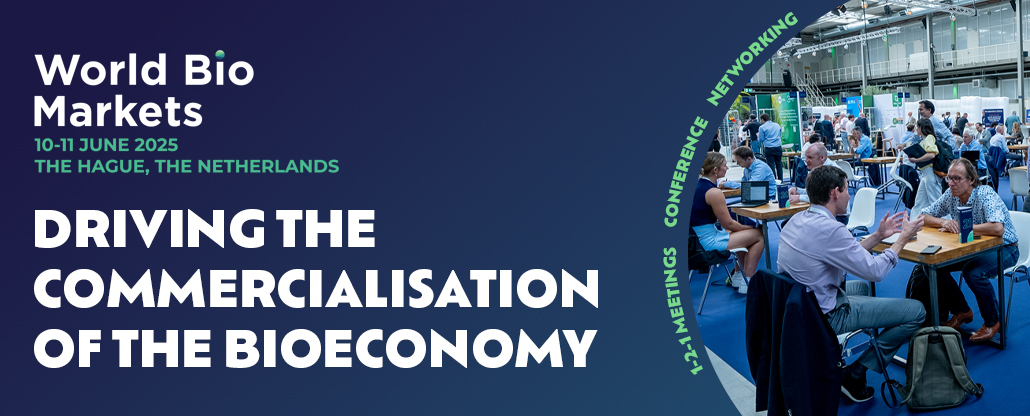North American Expanded Polystyrene (EPS) resin producers have invested over $185M in technologies to produce recycled content EPS feedstock, advancing sustainability across multiple sectors. RAPAC, Epsilyte, Styropek, Nexkemia, and BASF have developed unique formulas that allow for the inclusion of ≥30% recycled content in the manufacturing of several applications, using 79 million pounds of online capacity. Some of the products are third-party-certified, and some are testing traceability technology for next-gen formula iterations. With an additional 150 million pounds of capacity projected, EPS molders plan to enter the market via product trials with recycled content resin adjacent to 2024.
Recycled content EPS has long been technically feasible but has not been widely adopted due to a lack of motivation among end-users. However, as governments impose more rigorous policy recommendations, pressure has mounted for the private sector to reconsider recycled content capabilities. EPS resin producers are ready to comply with recycled content mandates and extended producer responsibility legislation, helping to reinforce environmentally responsible EPS production to comply with future regulations.
This commitment to sustainable solutions promotes environmentally responsible EPS production and positions EPS resin producers well for future regulatory compliance. The use of recycled content resin supports reduced usage of virgin materials and reduced environmental impact in the manufacturing of protective packaging, bicycle helmets, construction, drainage and septic aggregate, and more.
“In response to the surging global demand for recycled content resins, we’ve witnessed remarkable technological innovations across various industries. Notably, the green building sector has embraced using recycled content resin for insulation, offering an eco-conscious solution without sacrificing quality. With a promising growth forecast, recycled content resins are making a substantial impact on sustainability worldwide,” said David Wilson, Purchasing Manager at RAPAC.
“This new product offering has the potential to be a game-changer for the EPS industry”, said Betsy Bowers, Executive Director of the EPS Industry Alliance (EPS-IA), the North American trade association leading the expanded polystyrene (EPS) industry. “Recycled content resin will further reduce EPS’ environmental impacts with even lower energy use, and a smaller carbon footprint. Despite long standing misconceptions, EPS recycling has a strong track record that will now see even more growth.”
In March 2022 at the UN Environment Assembly, a historic resolution was adopted to develop an international legally binding treaty on plastic pollution, which could have a global impact on many of the day-to-day products used by consumers and manufacturers. The UN Environment Programme (UNEP)’s Intergovernmental Negotiating Committee (INC), which is developing the treaty, will hold its third session (INC-3) from November 13-19, 2023 at the UNEP Headquarters in Nairobi, Kenya.





